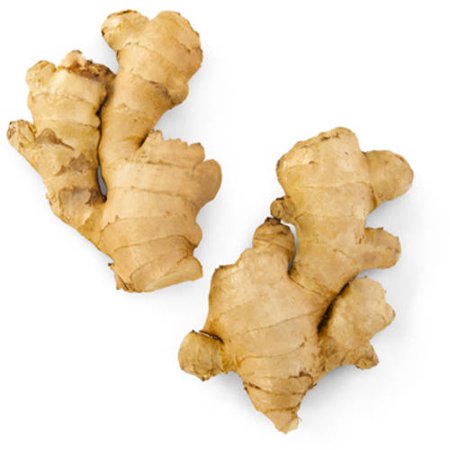- Home
- Ayurveda and tridoshas
- Kapha dosha
Kapha dosha in Ayurveda
Kapha dosha:
Kapha dosha consists of water and earth as the elements. Composed of these two elements, kapha is responsible for managing the structure and lubrication of mind-body physiology. The main function of the kapha is to bring stability and structure to the body. Kapha is mainly present in heart, lungs, throat, lymphs, ligaments and tissues. Kapha is present in the chest, throat, head, sinuses, nose, mouth, stomach, joints, cytoplasm, plasma, and in the liquid secretions of the body such as mucus Kapha also maintains vata and pita in the body.
Kapha lubricates the joints; provides moisture to the skin; helps in healing wounds; gives biological strength, stability; supports memory retention; gives energy to the heart and lungs, and maintains immunity. Kapha helps in exchange of gases in lungs, kapha is responsible for the emotions of attachment, greed, and long-standing envy. When Kapha becomes aggravated or excessive, then problems like sinus, weight gain, diabetes, excessive sleepiness, and fluid retention, are other symptoms.
The functions of kapha in our body include:
- Lubrication
- Growth
- Strength, stamina, energy
- Production of mucous
- Sense of Support, stability
- Gaseous exchange in lungs
- Sleep
- Repair & regeneration
Remedies for Kapha dosha
Symptoms of kapha dosha
- Signs of feeling of generalized heaviness, laziness tend to oversleep, depression. If unchecked, severe kapha imbalance may lead to depression and loss of consciousness.
- Sweet taste in the tongue, pale skin, itching sensation and increased mucus secretion from mouth and nose are some physical causes for kapha imbalance.
- Fullness of stomach, nausea, indigestion is few others for kapha imbalance. Excess kapha may lead to diabetes, hyperglycemia.
- Kapha imbalance can also lead to foul smell, swelling and stiffness in the joints, a sense of heaviness in the eyes, whiteness in the urine, eyes, impacted wisdom teeth, tumors, goiter, an enlarged spleen, an enlarged liver, glaucoma, protruded eyes, gangrene, fibroid tumors, gall stones, bone spurs, cystic ovaries.
- Excessive kapha made lead to cold, cough, fever and congestion in throat and chest.
Remedies for kapha dosha
- Try to avoid damp weather or work places. Stay physically and mentally active. Try to wake up early in the morning to feel fresh
- Eat food that is pungent, bitter and astringent in taste. Don’t eat too spicy food.
- Take warm water with lemon and honey in the morning is good for health.
- Doing regular exercise is good for health. Indulge in exercises like running, biking, yoga is good. Pranayama is a good exercise.
- It is good to avoid high processed food or heavy oily foods like cheese, pudding etc.
- Some natural herbs are turmeric which is an important detoxifying agent. The taste of turmeric is bitter, pungent, and astringent tastes and is mildly heating; hence it is useful in balancing excess Kapha in the mind-body system. It is also natural anti biotic can inhibit the growth of yeast, bacteria and virus.
- Ginger has a pungent, aromatic taste that is used as a traditional healing systems to improve digestion and alleviate nausea, intestinal gas, and menstrual cramps from a very long time. Modern scientific studies have found that ginger contains powerful anti-inflammatory phytonutrients known as gingerols and strong antioxidant and antibacterial properties. Ginger is effective in preventing the symptoms of motion sickness, including nausea, dizziness, and vomiting and also good for gastric problems.
Update on coronavirus in India
Affiliate Disclosure:
If you make any purchase via a link on this site, I may receive a small commission with no added cost to you.




